Sport
Dollar
42,8189
0.19 %Euro
50,2396
0.04 %Gram Gold
5.954,6600
-0.02 %Quarter Gold
9.828,8400
0 %Silver
90,6200
0.8 %Today's chaos is the result of several interdependent historical, political and social factors, including the constant intervention of the United States and France, argues a local analyst.
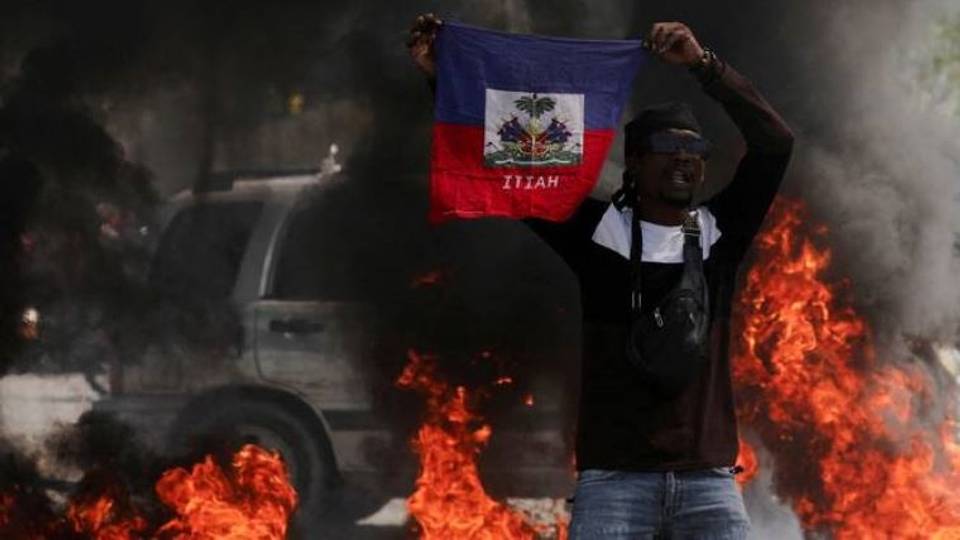
Earlier this month, gangs in Haiti joined forces to attack the region's two central prisons, freeing more than 4,500 inmates, looting stores and hospitals, and setting fire to cars, police stations, and some houses along the way. There have also been attacks on the international airport. The powerless Haitian police force failed to overcome the criminals.
As a result, dozens of people are dead and thousands are internally displaced. Emboldened gangsters now believe they can do anything. A state of emergency was declared for three days, then extended to one month by what remains of the government, but there have been no other forms of communication. Downtown Port-au-Prince has been a real battlefield in the last few days.
Prices have risen, and some products are already scarce. But vegetable, fruit, and other local product vendors act busy and carefree, as if thugs had not attempted to set fire to the Ministry of the Interior and attack the National Palace. Still, the risk of the state's total collapse is genuine.
Prime Minister Ariel Henry himself has been missing in action since his trip to Kenya to sign a controversial protocol agreement to bring 1,000 police officers to Haiti to help control gang violence.

Henry requested the force 18 months ago at the United Nations, the same organisation that failed to stabilise Haiti despite multiple peace missions. Henry took action without the approval of Haitian civil society or a widespread consultation. In doing so, he admitted a failure to restore security, but assured he would remain in power as the troops would help him win a consensus during elections.
Following a diplomatic slap from the Dominican Republic, Henry finds himself stranded in Puerto Rico under FBI protection because the international airport of Port-au-Prince has been inoperative since the unsuccessful attempt by armed gangs to seize it.
Since then, the PM has become a persona non grata in the neighbouring Dominican Republic. It seems that the Haitian Army has been able to occupy positions, support the police, and stop the attack. The same army the PM failed to mobilise to fight the gangs 18 months ago.

This recent descent into hell in Haiti did not come out of nowhere. It is the result of several interdependent historical, political and social factors, coupled with public policies against citizens and foreign policies detrimental to the country's development. At every level, we find Haitian, American, European and Middle Eastern actors and international financial institutions helping to accelerate this descent into hell.
In particular, two unavoidable actors have stamped the future of this country with a burning iron. The first is France, which despite its investment in education in Haiti, dared to demand reparations after independence, syphoning the equivalent of billions of dollars from 1825 to 1889.
This is a debt that the United States would redeem during its occupation from 1915 to 1934. Firstly, Haiti had to borrow money from France at loan-shark interest rates to pay the initial instalment of its ransom.
When the United States landed, it bought up what was left of Haiti's debts, so Haiti no longer owed France, but American creditors. This resulted in a double debt, from the first loan to pay the ransom and then the interest payments to the French and Americans.

These financial woes are not made-up stories to help locals absolve themselves of any responsibility regarding the decay of Haitian political movements.
If anything, the country's political disorganisation is a consequence of the accelerated poverty it has experienced since the beginning of debt repayment. Haiti's lack of funds have rendered leaders incapable of thinking about the country's development.
During the period of the double ransom payment, Haiti invested little in its people. When this happens, a country creates individuals who are ready to do anything to survive, who resist by disconnecting from the state, or who become influenceable and exploitable individuals at the expense of the future of their own country.
Thus, we have young people in the shantytowns who have been armed since former President Jean-Bertrand Aristide was in power in the 1990s until today, in hopes of protecting themselves or having economic power.
Comments
No comments Yet








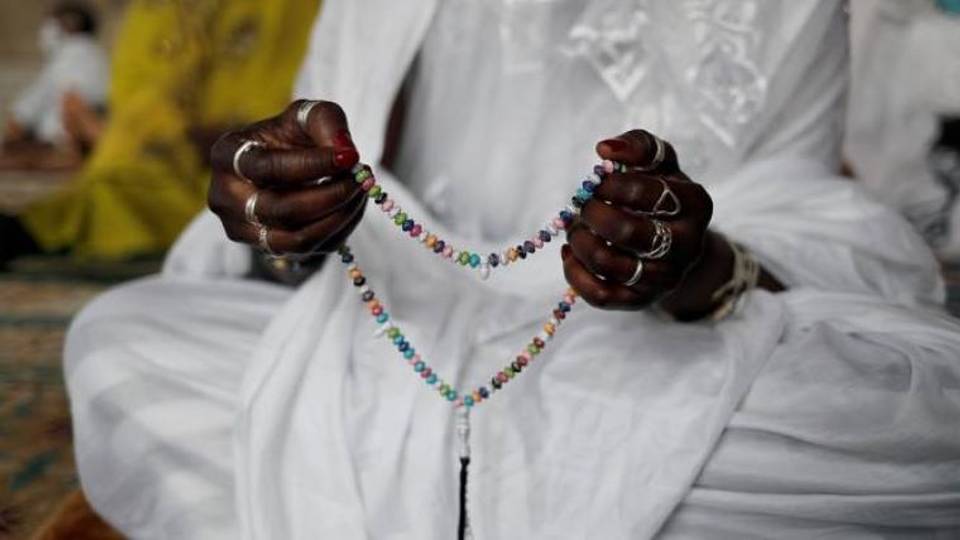
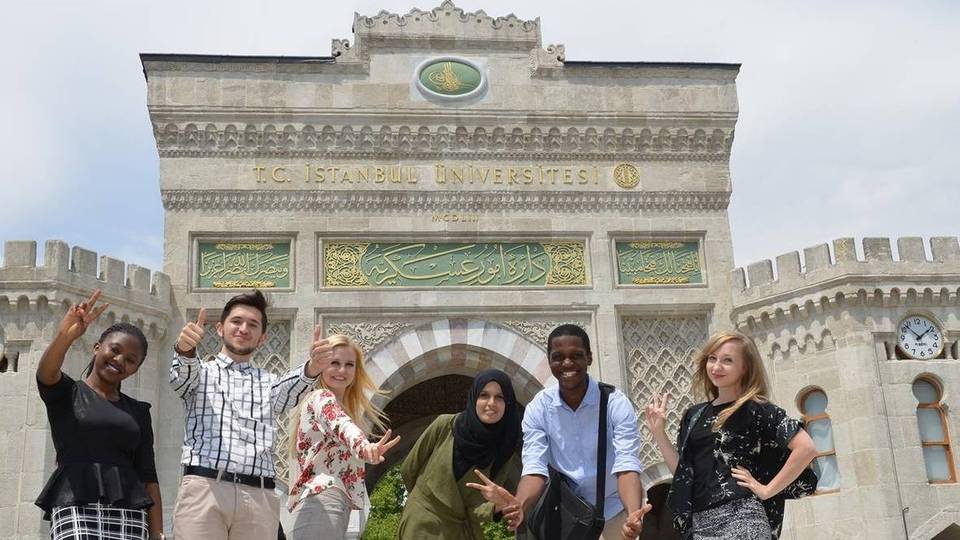
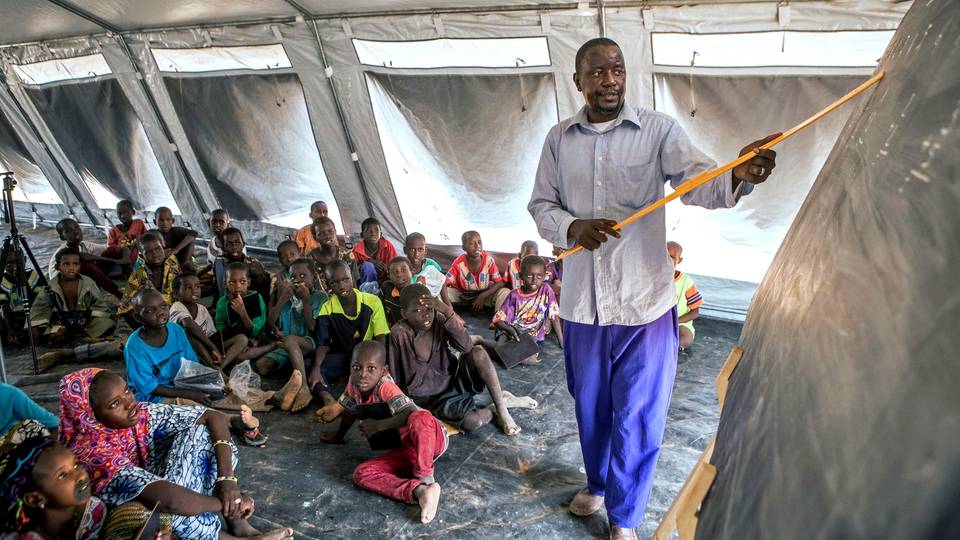
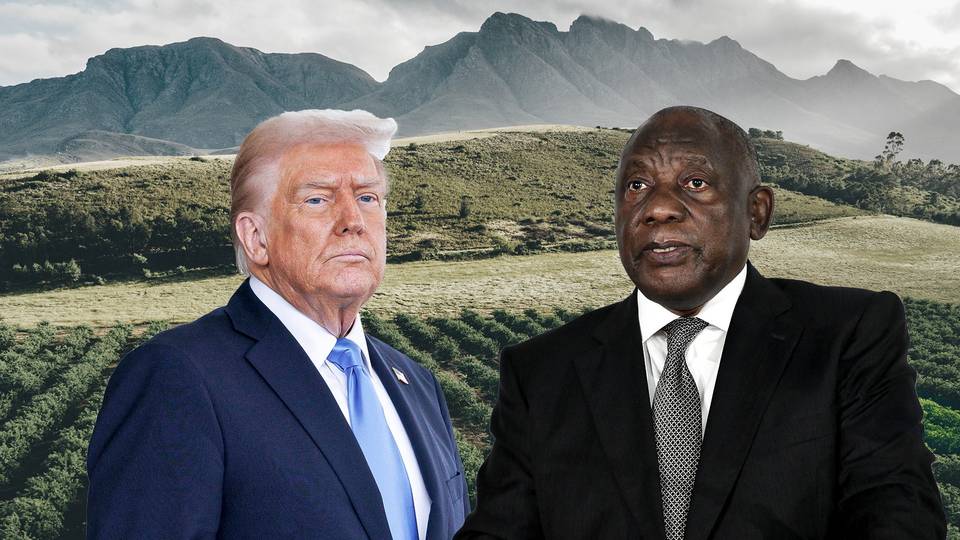








Comment